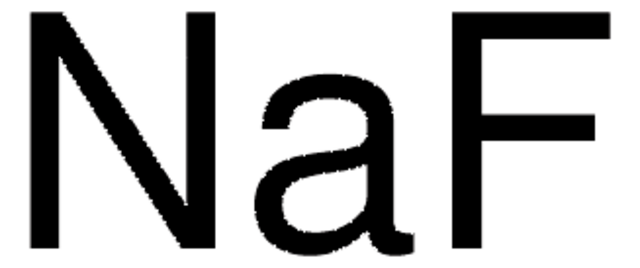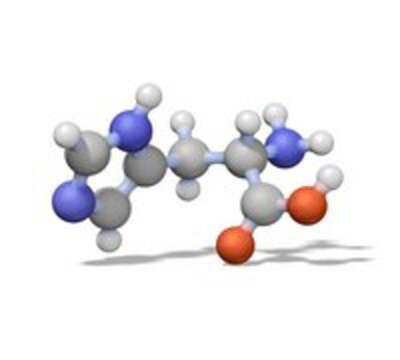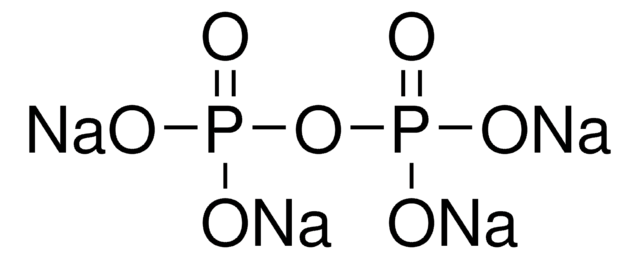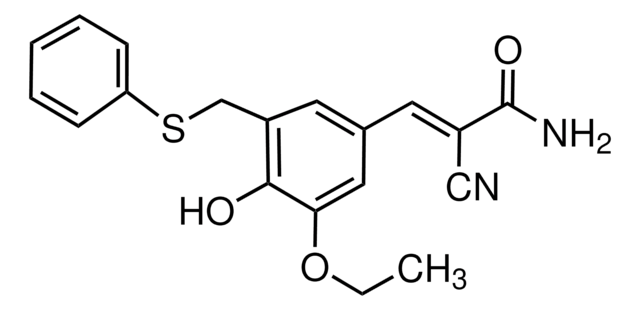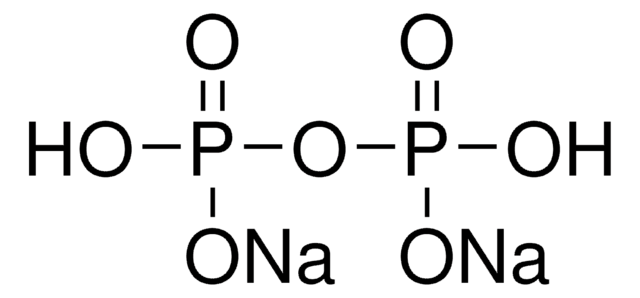S6508
Sodium orthovanadate
≥90% (titration)
Synonym(s):
Trisodium vanadate
About This Item
Recommended Products
biological source
synthetic (organic)
Quality Level
Assay
≥90% (titration)
form
crystalline powder
reaction suitability
reagent type: catalyst
core: vanadium
color
white to off-white
mp
850-866 °C (lit.)
solubility
H2O: soluble
SMILES string
[Na+].[Na+].[Na+].[O-][V]([O-])([O-])=O
InChI
1S/3Na.4O.V/q3*+1;;3*-1;
InChI key
IHIXIJGXTJIKRB-UHFFFAOYSA-N
Looking for similar products? Visit Product Comparison Guide
Application
Biochem/physiol Actions
Features and Benefits
Signal Word
Warning
Hazard Statements
Precautionary Statements
Hazard Classifications
Acute Tox. 4 Dermal - Acute Tox. 4 Inhalation - Acute Tox. 4 Oral - Eye Irrit. 2 - Skin Irrit. 2
Storage Class Code
13 - Non Combustible Solids
WGK
WGK 3
Flash Point(F)
Not applicable
Flash Point(C)
Not applicable
Personal Protective Equipment
Certificates of Analysis (COA)
Search for Certificates of Analysis (COA) by entering the products Lot/Batch Number. Lot and Batch Numbers can be found on a product’s label following the words ‘Lot’ or ‘Batch’.
Already Own This Product?
Find documentation for the products that you have recently purchased in the Document Library.
Customers Also Viewed
Our team of scientists has experience in all areas of research including Life Science, Material Science, Chemical Synthesis, Chromatography, Analytical and many others.
Contact Technical Service

